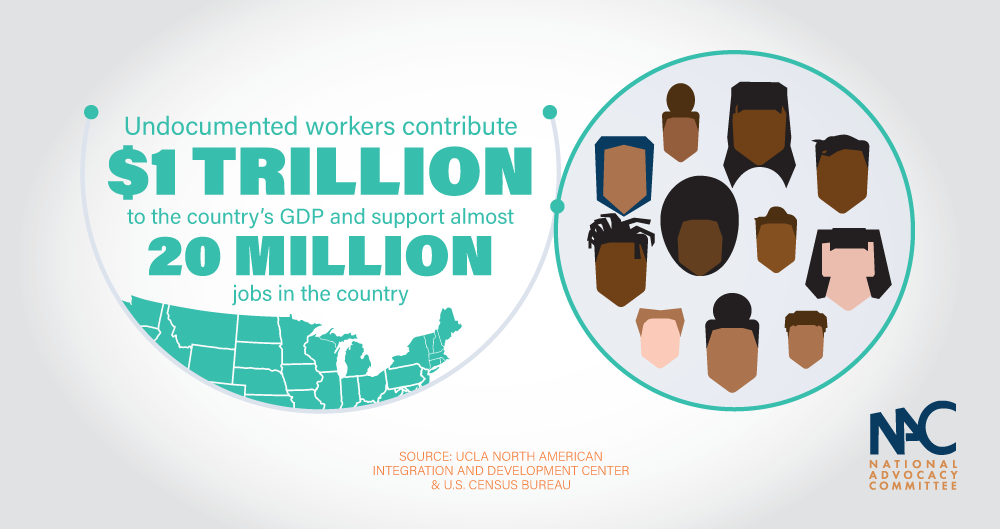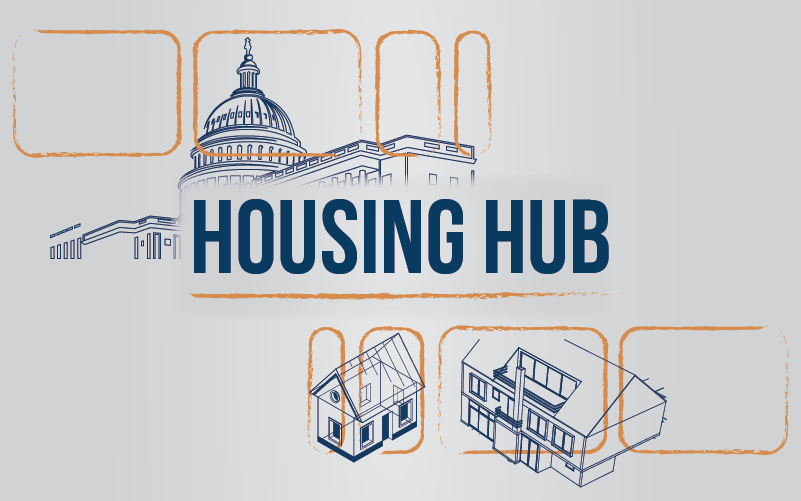Immigration and investment properties, good news and a nail-biter
Celebrating NAHREP familia, cultura, politics, and grassroots action
September 16, 2021
Qué onda mi gente?!
T-minus 13 days until NAHREP at L’ATTITUDE! For those of you who have attended the NAHREP at L’ATTITUDE conference in San Diego before but have never left downtown, please make it a point to go to our beaches! They are truly some of the greatest gems we have in the country and given everything we have all been through these past two years, lost loved ones, life turned upside down, we all need some TLC. I recommend going to Coronado to check out the gold specks in the sand and then get a drink at the Tiki Bar by the Hotel Del Coronado. Or, walk around the La Jolla Cove and sit on one of the cliffs overlooking the ocean, hike Torrey Pines, or the Ho Chi Minh Trail. I’m not native to San Diego, I’m a proud daughter of the Inland Empire in California. However, my experience in San Diego was always limited to conferences downtown. It wasn’t until I moved here that I realized just how gorgeous this city was. I hope you all make time for that.
As far as policy updates, I have some good news and some nail-biting news. So, let’s start with the good news.

U.S. Treasury and FHFA reverse changes made to the Preferred Stock Purchase Agreements
One of our policy priorities and key advocacy items this year was to reverse the changes made to the Preferred Stock Purchase Agreements (PSPAs) made in early January. For those of you who participated in our Capitol Hill Visits, you may have met with your legislator and talked about this very issue. However, if you read the PSPAs, your eyes are likely to glaze over because it can be confusing.
Basically, in January of this year, the U.S. Treasury Department and the Federal Housing Finance Agency (FHFA) decided to adjust the volume of loans that Fannie Mae and Freddie Mac are allowed to purchase – for both loans that were considered “higher risk” and those made to investment property owners. Both of which impacted Latino borrowers big time.
Through our State of Hispanic Homeownership Report analysis, we know that Latinos are more likely to have higher debt-to-income ratios, lower credit scores, and use low down payment products when purchasing a home. Limiting the number of loans in these categories disproportionately cuts out a portion of Latino homebuyers. Additionally, Latinos are increasingly buying up investment properties and using these investments as a way to build wealth.
Well, good news. This week, the U.S. Treasury suspended these restrictions and is going to allow lenders to make more of those loans, expanding mortgage access for first-time homebuyers and investors. This is a huge, huge issue that many of you have experienced and have come asking me to do something about, even if you didn’t know it by name.
We are racking up the wins, mi gente. You all spoke up about this issue and they listened!

So, if you care about immigration, THIS IS IT. I’ve been working on getting immigration reform passed since I graduated college in 2005. The closest we got to passing an immigration reform bill was in 2013 when a bipartisan group in the House of Representatives, nicknamed the “Gang of Eight”, came to an informal agreement on a comprehensive immigration reform bill but ultimately that bill failed as well. This issue keeps being relegated to the back burner. With the recent ruling in Texas around DACA, we know that that program is in danger. We need something permanent and we need it now.
A bipartisan bill does not look possible. I’m going to be honest with all of you, given the polarization of the country, immigration has become so politicized that it is just not going to happen. While idealistically we would love for it to be viewed as a critical economic issue and pass in a bipartisan fashion, as it has historically done in the past, but unfortunately immigration has become such a wedge issue that it keeps being used as just a tool to mobilize people and instill fear.
So, what does that mean for an organization like NAHREP that is a bipartisan organization but also has passing immigration reform as one of the three key pillars of our organization?
We’re not here to play politics. We are not promoting one ideology over another. We are here to try to get our housing bills and immigration reform passed. And, if the only way to get immigration passed is through a reconciliation bill that will be Democrat only, well, then we cross our fingers. We have a lot of work to do on setting the narrative right on immigrants in this country. If we don’t own our narrative, someone else will do it for us. Here’s what you need to know:
- What immigration provisions have been included in the reconciliation package?
The bill includes legal residency for 8 million immigrants that fall into these categories: Dreamers (DACA), Temporary Protected Status individuals (TPS), and essential workers. - How many votes are needed?
All Democrats in the Senate must vote for this bill in order to avoid a filibuster. - Has this happened before?
Yes, according to the American Business Immigration Coalition (ABIC), a conservative and pro-immigration organization, immigration has been included in budget and appropriations five times, both by Republicans and Democrats. Read their letter urging immigration to get included in the reconciliation bill here.
So what now?
We wait! Whether or not immigration reform actually gets included in the bill rests in the hands of one person, the Senate Parliamentarian. The parliamentarian has to agree that including these immigration provisions would have a significant effect on federal spending, revenues, or debt. Hence, the nail-biter.
Again, this is the most promising opportunity for immigration reform we’ve had that I can remember. If the parliamentarian returns and says it is not possible, congressional leaders will work on prioritizing Dreamers one way or another. Either way, expect NAHREP to take action on this because we won’t sleep until progress is made.

About Noerena Limón
Noerena Limón is NAHREP’s Executive Vice President of Public Policy and Industry Relations. Noerena heads the organization’s policy and advocacy efforts on issues ranging from homeownership, housing inventory, credit access and immigration.
Prior to joining NAHREP, Noerena spent six years at the Consumer Financial Protection Bureau (CFPB) and served as a political appointee under President Obama in the White House Office of Political Affairs.


